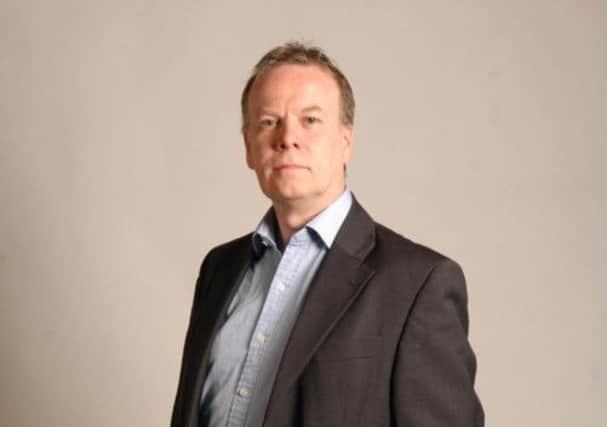Comment: Warning shots as inflation battle looms


Carney, currently governor of the Bank of Canada, sparked a degree of controversy shortly after his appointment by suggesting the bank’s remit be more flexible, allowing it to encourage growth and not be so fixated with inflation targeting.
He later pulled back, leaving the Treasury Select Committee with the impression that he had no firm views. But by then the can of worms had been well and truly opened.
Advertisement
Hide AdAdvertisement
Hide AdIn the past week, the outgoing governor Sir Mervyn King and the bank’s chief economist Spencer Dale have warned against abandoning the inflation target, with Dale stating it was “dangerous” and “irresponsible” to do so. It will be an interesting first meeting between Dale and the new man in the summer.
Before then, the Chancellor will deliver his Budget speech in which he is expected to announce a review of the bank’s remit. George Osborne is a big fan of the Canadian so is expected to lean in his favour. Osborne may say nothing, of course, but that is looking unlikely, particularly after Friday’s twin statements from King and Dale which appear to be warning shots at the Treasury.
Dale is also at odds with King over the need to print more money through the quantitative easing (QE) programme, believing that it drives up inflation and that it is the bank’s role to maintain price stability.
A day earlier, Keith Skeoch, chief executive of Standard Life Investments, said it was “worth taking a risk on inflation” in order to stimulate growth. He accused policymakers of being “obsessed” with inflation and that if it got out of hand there were tools available to bring it under control.
Clearly opinion is divided on the bank’s role in the recovery and whether too much is expected of it. To add some spice to the coming week the minutes of this month’s meeting of the monetary policy committee will be published on budget day.
Though King and two others voted for more QE in February they could not persuade enough members to support them at the latest gathering. However, the mood may change next month. By then the committee could be working to a different rulebook.
Taking taxes at the bar
ANOTHER battle being waged is between the pubs and the supermarkets and it is a fight the Chancellor has the power to resolve.
Amid the ongoing controversy over minimum pricing is the on-trade’s concern that it is disadvantaged by more favourable taxes paid by the supermarkets.
Advertisement
Hide AdAdvertisement
Hide AdJD Wetherspoon, Punch Taverns and Heineken have complained about a range of taxes from VAT to night levies and slot machine taxes that hit pubs and are adding to their costs.
VAT is charged at 20 per cent on food sold in pubs whereas supermarkets pay virtually no VAT on food. Wetherspoon’s founder and chairman, Tim Martin, said the company would have saved £40m if it was taxed in the same way as the supermarkets who use the lower taxes to sell alcohol more cheaply.
Until David Cameron backed off from the minimum pricing plan the Chancellor was in a difficult position, but if George Osborne believes in giving any sector a boost and cheering up the nation he should use his Budget to respond positively to the demands of the pub chains who also want an end to the beer duty escalator which raises duty by 2 per cent above inflation and means taxes now account for a third of a pint.
Minimum pricing, of course, is seen as a tool for tackling binge drinking, but it impacts on the responsible drinker and an industry which is clearly suffering from the supermarket competition. More than 5,800 pubs have closed since 2008. Measures to even out the tax regimes would save more pubs from closing and create jobs.
A more sensible route to controlling drink is to encourage drinkers to imbibe in the controlled environment of a pub where drink is served to strict measures. Allowing drinkers to get “tanked up” on as much cheap supermarket booze as they can consume before they hit the pubs is where the real problem lies.
Twitter: @TerryMurden1